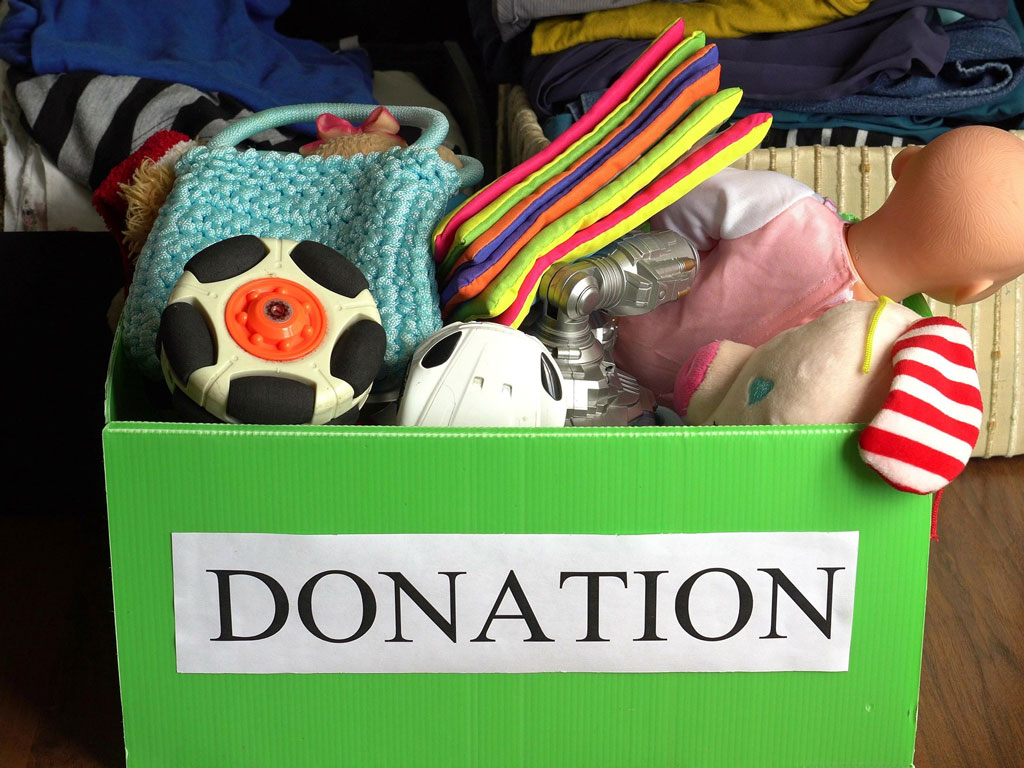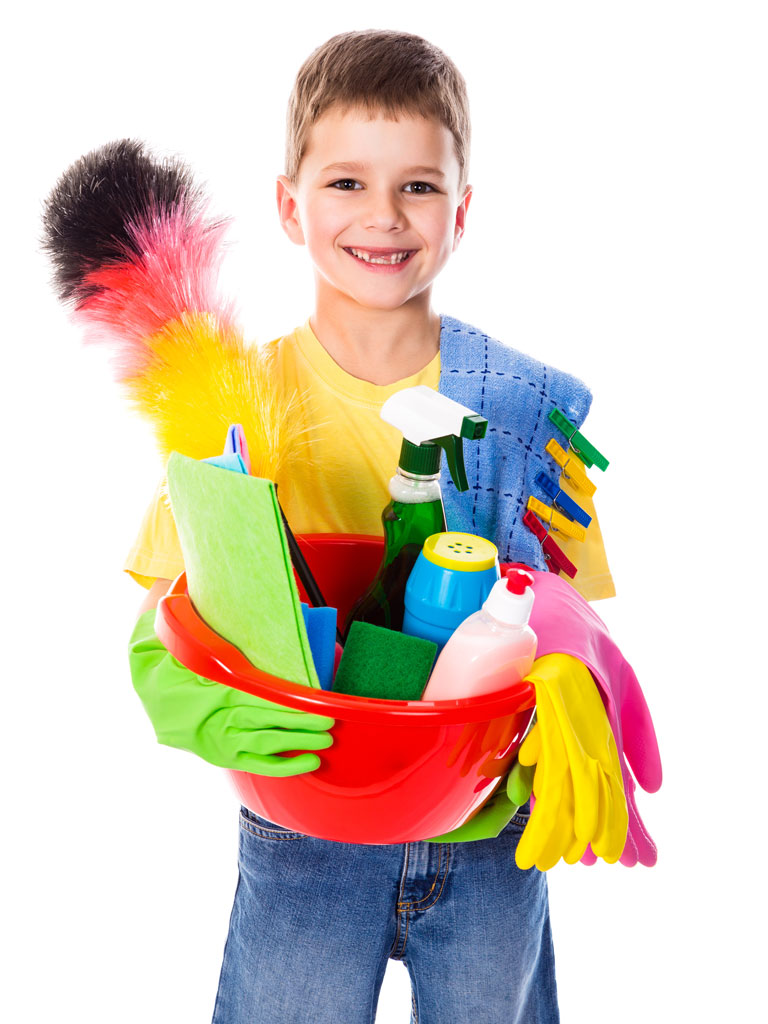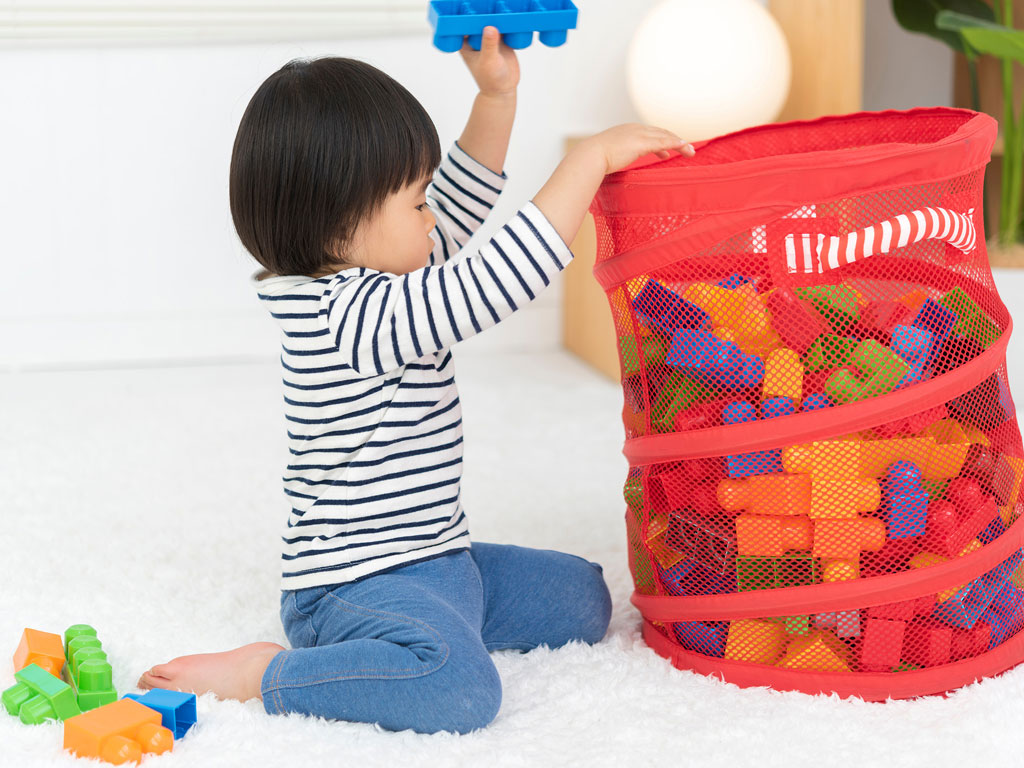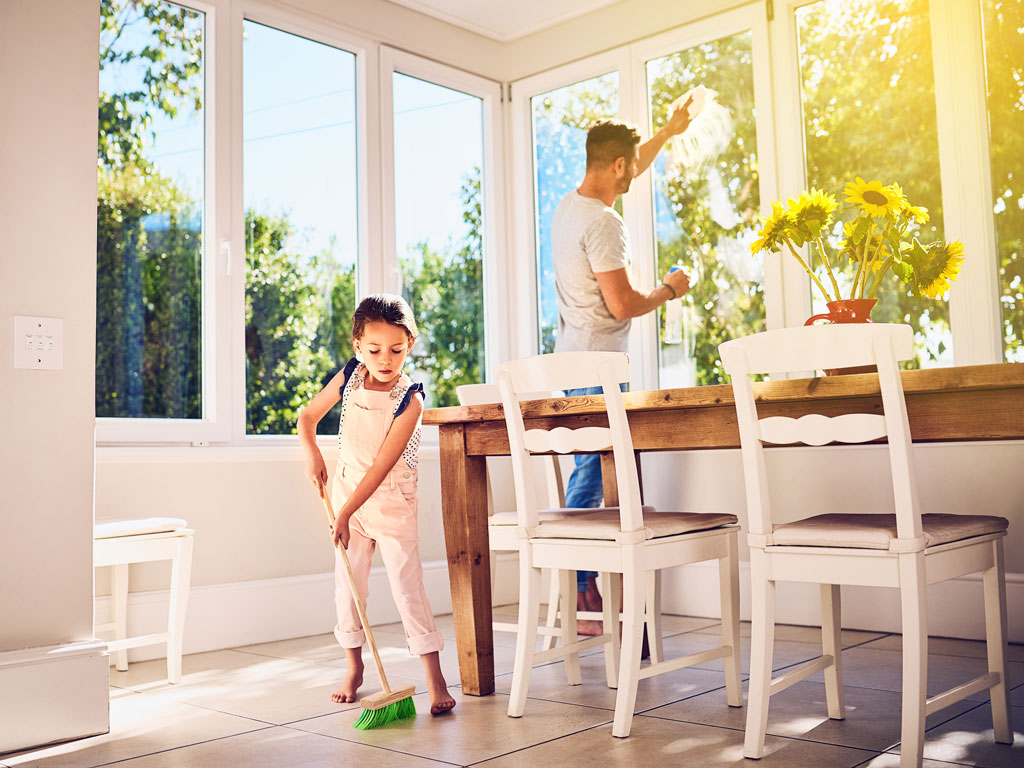by Elizabeth Hodge
Everyone wants to organize and clean their home, but finding the time and executing the process is often a different story. Just thinking about it can be overwhelming and stressful. However, the ability to focus and think is affected by the spaces around us. Numerous studies have proven that a chaotic and messy environment has a direct correlation to stress levels, which affects our overall health. It can be difficult to focus and relax when our minds are overstimulated and distracted. Our brains tend to favor order, reducing the competition for attention and mental load.
One study by UCLA’s Center on Everyday Lives and Families (CELF) found that living in a cluttered space can create a subtle, constant sense of stress that impacts mood and self-esteem. Professional organizers often see firsthand the evidence of mental health benefits as a result of clients decluttering and cleaning their home. They typically experience less stress and anxiety, more inner peace, a boost in self-confidence, and improved health habits like more restful sleep.

Parents who want to get organized face some unique challenges. How many times have you asked your kids to clean up the mess in their bedroom or playroom, only to find them doing something else entirely? They get frustrated because we’re constantly nagging them, and we get frustrated because their rooms are never clean. Managing your children’s schedule and stuff – as well as your own – isn’t easy. Hopefully these tips can help you to tackle your situation and improve your family’s overall wellbeing.
Deep cleaning can’t be done without first decluttering. The more that you have, the more challenging it can be. To avoid getting overwhelmed, choose one room or one task at a time instead of trying to tackle everything at once. Keep your goal in mind: to simplify your environment by clearing out items that you no longer need or that no longer bring you joy and to clean up the areas where things tend to get messy and disorganized.
Try this popular sorting method that most experts suggest:
- Keep. These are items that you continue to need and use, and that bring joy to your life.
- Sell. These are items that you want to try and sell online or at a yard sale.
- Donate. Your trash could be someone else’s treasure. Give these items to individuals who could use them or donate them to a local charity.
- Trash. These are unwanted or unused items that are too damaged to be donated or sold immediately. Please recycle if possible.
- Store. If you really can’t decide what to do, box it up and put a date on it. Look at it again in six months. Store in an attic, extra closet, garage, or offsite storage facility to keep it out of the way.
Now it’s time to start cleaning. As parents and pet owners, we know how grueling this part can be. One parent should not get stuck with tackling the home’s accumulated mess. Make it easier by giving each family member a different task. Younger children might not be able to help much in this department, but they can do simple daily chores like making their bed, putting toys away, and wiping up their own spills. Setting expectations as soon as it is developmentally appropriate can help ease any arguing later on as they get older and start testing boundaries. Most toddlers will even be excited to be given small tasks once they see an adult or older sibling doing them first.

Whether deep cleaning or just tidying up, it’s important to focus on progress instead of perfection. For some parents, a few cleaning tasks spread throughout the week might be more productive than putting all your time and effort into one exhausting day of deep cleaning one room. For others, you might only have a few days a year to get all your deep cleaning done. Whatever the circumstance, try to manage your time wisely and prioritize areas that need the most attention (and always leave room for a beach day). Try to stick with a routine that works for your family, like 15 minutes a day, the first Sunday of every month, or before certain holidays.
Once everything has been cleaned and the clutter is gone, it’s time to start organizing. Invest in simple organizational products – file folders for important papers, a to-do basket for items that need to be tackled right away, baskets or containers to store loose photographs and kids’ artwork, storage bins for out-of-season clothing, bulletin boards for homework, etc. These items don’t need to be expensive or fancy, and it is probably worth the initial investment if it helps save time and money in the long run.
The old saying ‘a place for everything and everything in its place’ is spot on when it comes to placing kids on the path to organization. Involve your children in establishing permanent homes for their personal items. It might be helpful to think in terms of work areas – clean clothes in the dresser and dirty clothes in the nearby hamper, art on the corner table by the supplies, books on the shelves next to the reading chair. If multiple kids share a bedroom, create specific spaces that are unique to each.
Your clean and happy living space will be much easier to keep up with if each family member can make it a habit to return everything to its place once they are done with it. This may take some encouragement in the beginning but will pay off for everyone in the long run. Donna McMillan of Island Organizers, suggests, “Printed labels and/or pictures, for little ones, on containers and shelves will set them up for success. Kids are smart, and when taught – in their language – they can learn how to return their toys, papers, shoes and clothes to where they belong. Families are extremely pleased and excited when they can find what they need when they need it.”

After everything is organized, it’s time to make a new house rule: stop the junk at the door. In his book Simplicity Parenting, Kim John Payne says that “too much stuff leads to too many choices.” He goes on to say that Americans love our choices, but when there is too much to choose from, nothing has value. When it comes to buying new toys for your child, choose quality over quantity whenever you can. A magical, well-made toy can be a sacred friend throughout childhood, whereas cheap plastic toys break and frustrate, and will eventually be thrown out anyway.
There are endless websites, articles, books, professional organizers, and stores that offer amazing tips to help you declutter and clean your space. Figure out what is most effective for your family. While no one said it is going to be fun or easy, obtaining and maintaining a clean and organized house can help you to save time and cut down on chaos at home.
Age-Appropriate Chores For Kids
Toddlers
- Put toys away
- Feed pets
- Wipe up spills
Preschoolers
- Make their bed
- Set and clean table
- Empty trash cans
Elementary
- Make lunches for school
- Sweep floors
- Sort and fold laundry
- Vacuum
Preteens
- Do laundry
- Run the dishwasher
- Make lunches
- Clean out the fridge





